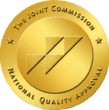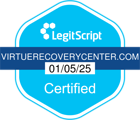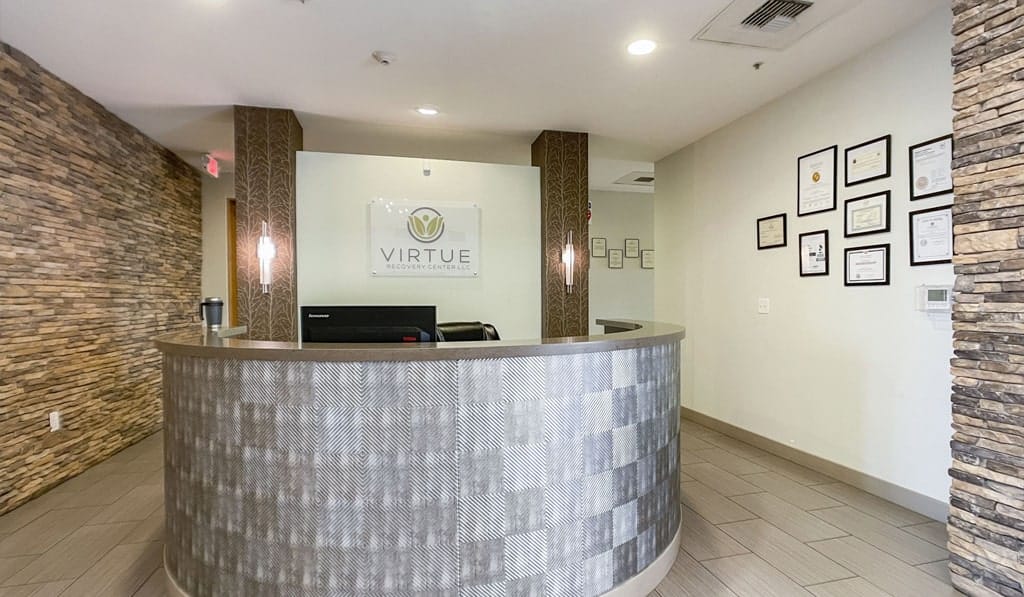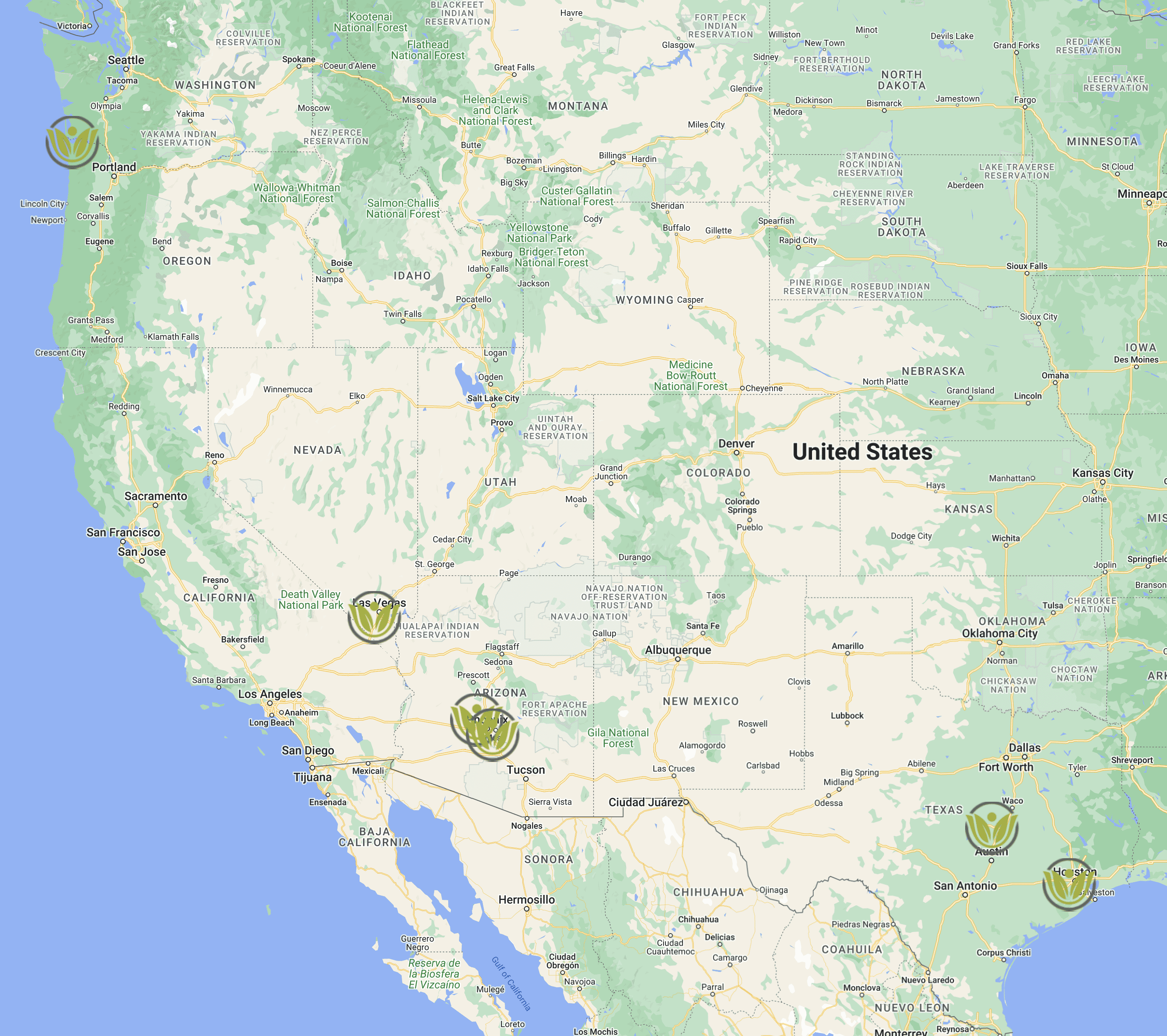Can a Pregnant Woman Go to Rehab?
Can a Pregnant Woman Go to Rehab?
You can and should seek help and go to rehab if you’re struggling with substance abuse. In fact, it’s vital for the health and well-being of both you and your developing fetus that appropriate treatment is sought as soon as possible. Many rehab programs recognize the unique needs of pregnant mothers and offer specialized programs tailored to their specific circumstances.
Expectant mothers struggling with substance abuse require specialized rehabilitation programs that cater to their unique needs and concerns. These programs integrate prenatal care into the treatment process, ensuring that you receive regular medical check-ups, monitoring of fetal development, and any necessary medical interventions.
Prenatal Care
Prenatal care, also known as antenatal care, during rehab for pregnant women combines obstetric care with addiction treatment, integrating the necessary medical interventions, emotional support, and education to promote a healthy pregnancy and support long-term recovery. Prenatal care during rehab for pregnant mothers is vital to ensuring the health and well-being of you and your unborn baby.
Here are some details about prenatal care during rehab for pregnant women:
- Medical assessments: You’ll undergo comprehensive medical assessments to evaluate your health and identify any existing medical conditions or complications. This includes obtaining a thorough medical history, conducting physical examinations, and performing necessary laboratory tests to assess your overall health status.
- Obstetric consultations: You’ll receive consultations with obstetricians or specialized healthcare providers with experience managing pregnancies complicated by substance abuse. These consultations focus on assessing the progress of the pregnancy, monitoring fetal development, and addressing any specific concerns related to substance use.
- Regular prenatal check-ups: You’ll receive regular prenatal check-ups to monitor your pregnancy's progress and ensure the baby's health and development. These check-ups typically include taking blood pressure, assessing pregnancy weight gain and abdominal growth, and listening to the baby's heartbeat.
- Ultrasound examinations: Ultrasound examinations are routinely performed during prenatal care to assess the growth and development of the fetus. These non-invasive imaging tests provide valuable information about your baby's health, such as fetal size, anatomy, and potential abnormalities.
- Laboratory testing: You’ll undergo routine laboratory testing, including blood and urine tests, to assess various health markers and identify any potential complications. These tests help monitor your overall health, detect any infections, screen for gestational diabetes, and ensure that appropriate interventions are provided as needed.
- Nutritional guidance: Maintaining proper pregnancy nutrition is vital, especially for pregnant women in rehab. You’ll receive guidance from healthcare professionals on maintaining a healthy and balanced diet that supports your well-being and your baby's optimal growth and development. Nutritional supplements, such as prenatal vitamins, may also be recommended to ensure adequate intake of essential nutrients.
- Substance abuse monitoring: Prenatal care during rehab includes regularly monitoring your substance use or abstinence. This may involve urine or blood tests to confirm abstinence from drugs or assess prescribed medication levels. Monitoring allows healthcare providers to identify any relapses or potential risks to the baby and adjust your treatment plan if necessary.
- Education and counseling: Prenatal care within a rehab setting often includes educational sessions and counseling to empower you with knowledge about healthy pregnancy practices, childbirth preparation, and newborn care. You may receive guidance on topics such as breastfeeding, safe sleep practices, and postpartum recovery to promote the well-being of yourself and your baby.
- Coordination with addiction treatment: Prenatal care in rehab is closely coordinated with addiction treatment services. The healthcare team works with addiction treatment professionals to ensure you receive comprehensive care addressing your addiction and prenatal needs. This includes communicating and coordinating services to support your recovery while safeguarding your baby's health.
The process of recovery doesn't end after completing a treatment program. A rehab program often includes postpartum care and planning to ensure a smooth transition into motherhood and ongoing recovery after childbirth. This includes breastfeeding support, parenting guidance, access to postpartum counseling, and assistance coordinating aftercare, which may involve ongoing counseling, support groups, and assistance transitioning to outpatient treatment or other forms of continued care.
It's important to communicate openly and honestly about your pregnancy status to ensure appropriate care for you and your baby. Call 866-461-3339 to learn more about rehabilitation programs for pregnant women.

















